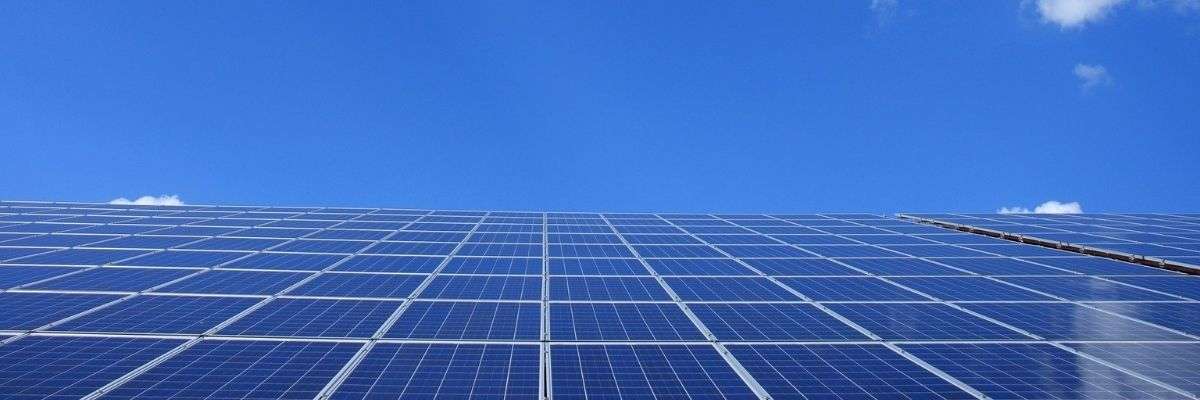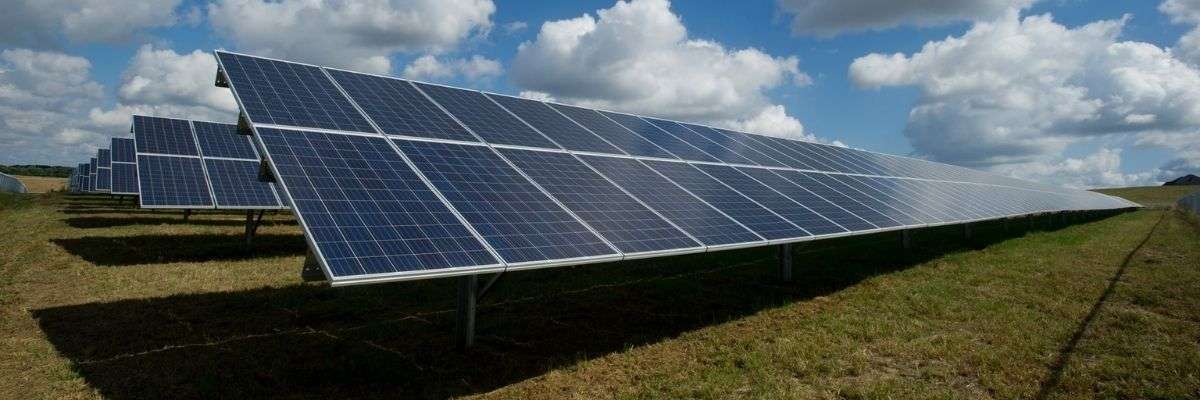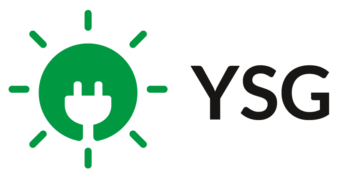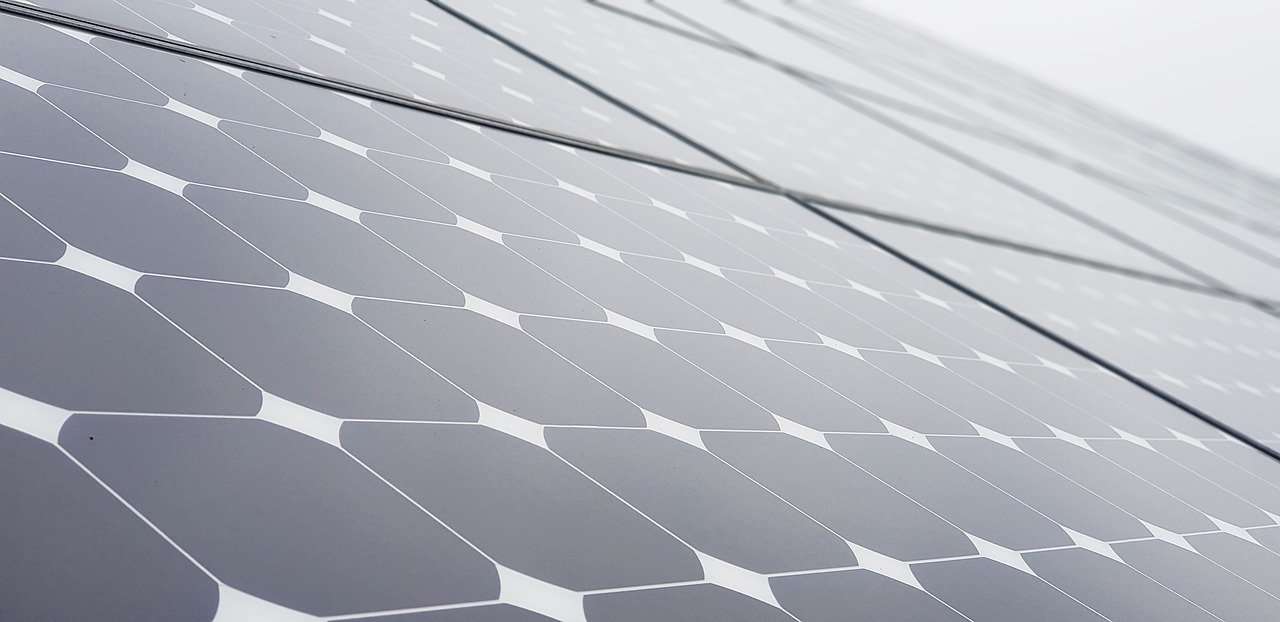The Michigan House Energy Committee recently heard testimony in favor of bipartisan legislation to expand community solar in MI. Companion House bills 4715 and 4716 are aimed at removing regulatory red tape which is preventing the development of community solar projects in Michigan—a state which currently faces some of the highest energy rates in the U.S.
Rep. Michele Hoitenga, who introduced the bill alongside Rep. Rachel Hood referred to community solar as a “commonsense, bipartisan issue,” testifying that the expansion of community solar in Michigan would allow residents to access the benefits of solar and lower their energy bills. Rep. Hood agreed, stating that, “Energy choice should be accessible and available to everyone in our state as soon as possible.”
In addition to the two representatives, advocacy groups, industry representatives, and students from Michigan Technological University spoke in favor of the bills throughout almost 90 minutes of testimony. The only two groups to testify against the legislation were Consumers Energy and DTE—the two largest investor-owned utilities in Michigan.
In particular, testimony highlighting the potential benefits of community solar expansion at the local level were warmly received. This locally-focused testimony included references to investment in local landowners, the creation of employment opportunities, and support for local schools and governments through new tax payments. Additionally, industry representatives stated their desire to forge lasting relationships with workers, business subscribers, and individual customers throughout the state.
Laurel Passera, policy director for the Coalition for Community Solar Access, spoke about the broader benefits of increased community solar deployment in Michigan. Grid resilience, economic development, and bill savings are three of the strongest arguments in favor of expanding community solar, with Passera citing a Michigan State University study that found community solar would create $1.47 billion in economic impact, and the equivalent of 18,500 jobs, across a 30-year period. Furthermore, she noted that the typical community solar subscriber saves between 10% and 15% on their monthly utility bill.
Representatives from Consumers Energy and DTE vocally opposed the legislation, but both liberal and conservative groups rebutted the arguments of the utility companies, highlighting the rare opportunity presented by this legislation, and reiterating the potential benefits of community solar for Michgian. Work to schedule the bill for a vote will continue in the coming weeks.
Michigan Solar Land Leasing
The passage of these bills in Michigan could open up further opportunities for Michigan landowners to lease their property for solar farms and generate additional revenue. Solar farms require parcels of at least 10 acres, so agricultural land in Michigan is ideally suited for this purpose. A solar land lease offers Michigan landowners the opportunity to diversify their earnings, while also providing suitable land for solar developers, making it a win-win situation for both parties.
Why Michigan Farmers Are Embracing Solar
With solar developers like YSG seeking land for solar projects in Michigan, many farmers are realising that they are well-positioned to diversify their land use and generate extra income via a solar land lease. This is particularly true of those farmers who are approaching the end of their career and are keen to establish a steady additional revenue stream for the foreseeable future. With profit margins for agricultural work shrinking, many of these older farmers may be keen to enjoy their well-earned retirement while still turning a profit from their land. A solar land lease fits the needs of these farmers—offering a dependable, stable income to bolster their retirement fund.
Making Money With Michigan Solar Farms
A solar land lease offers a stable, predictable income for the duration of the lease period—usually around 25 years. Depending on the specific parcel of land in question—and the location—a solar farm land lease can earn anywhere from $300 to $2,000 per acre annually. An ideal solar farm site has at least 10 acres of clear, flat land, with an incline of no more than 5 degrees, and is within 1,000 feet of three-phase power and 2 miles of a substation. On top of this, Michigan farmers may also be able to earn tax breaks for keeping their land preserved as open space. As long as the land leased for solar meets certain conservation standards it may be eligible for these tax breaks.
Are you a Michigan landowner? You may be in a position to generate additional income from your land with minimal effort. Reach out to YSG today to find out if your land is suitable for a solar farm and how much you could earn from a solar land lease. Call the office at 212.389.9215 or send us an email to learn more.
YSG Solar is a project development company responsible for commoditizing energy infrastructure projects. We work with long-term owners and operators to provide clean energy assets with stable, predictable cash flows. YSG's market focus is distributed generation and utility-scale projects located within North America.
Sources:

